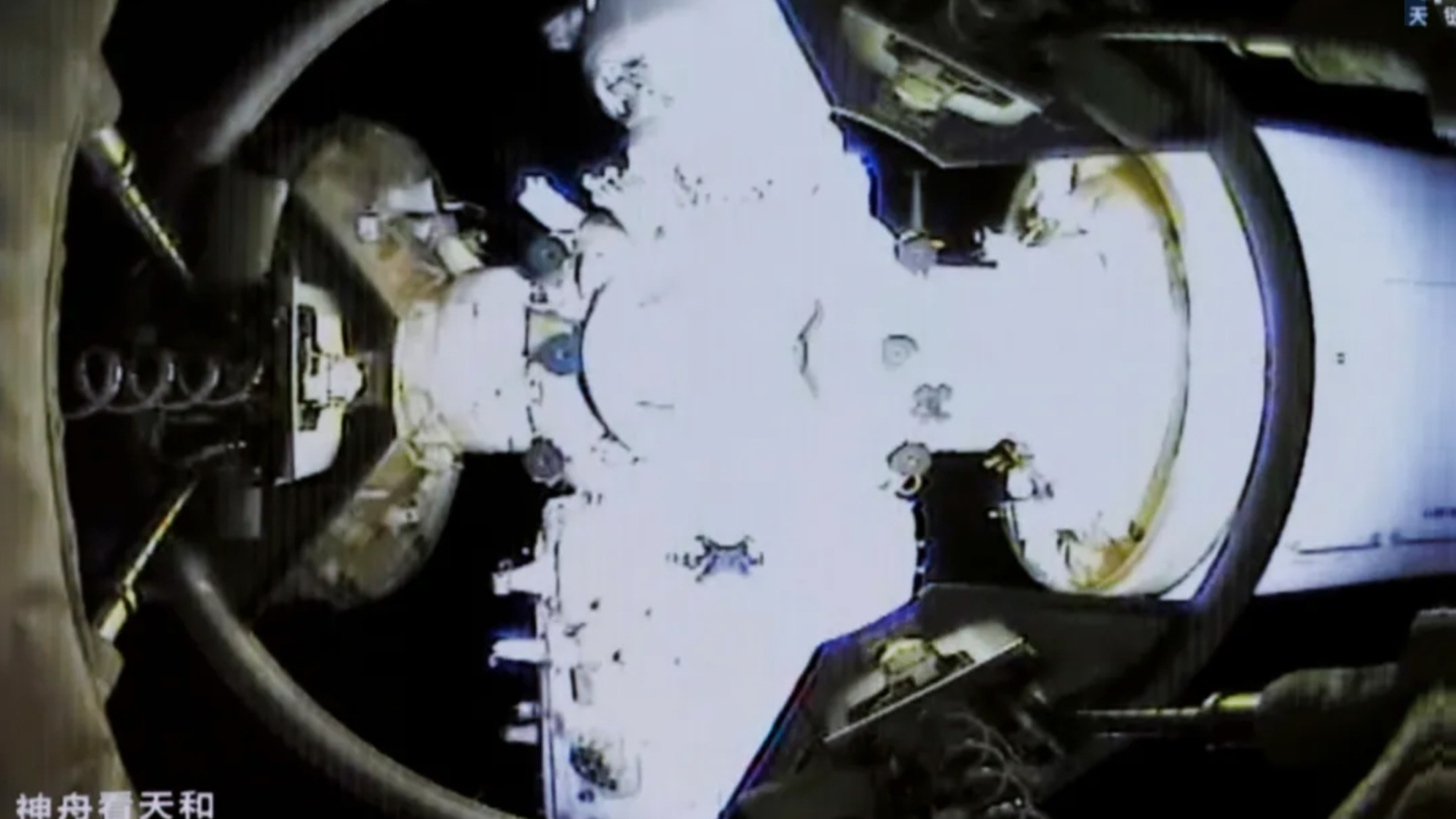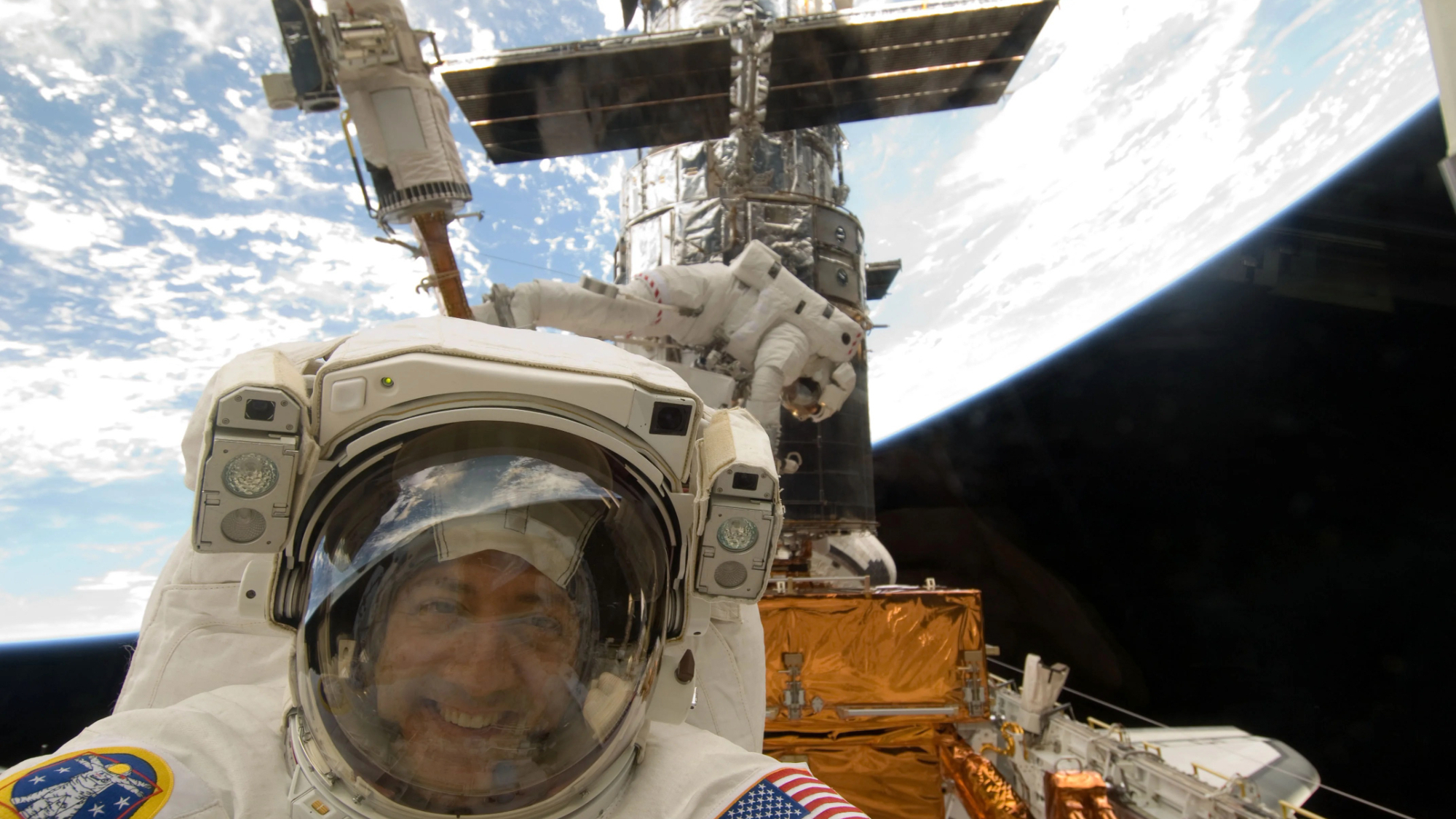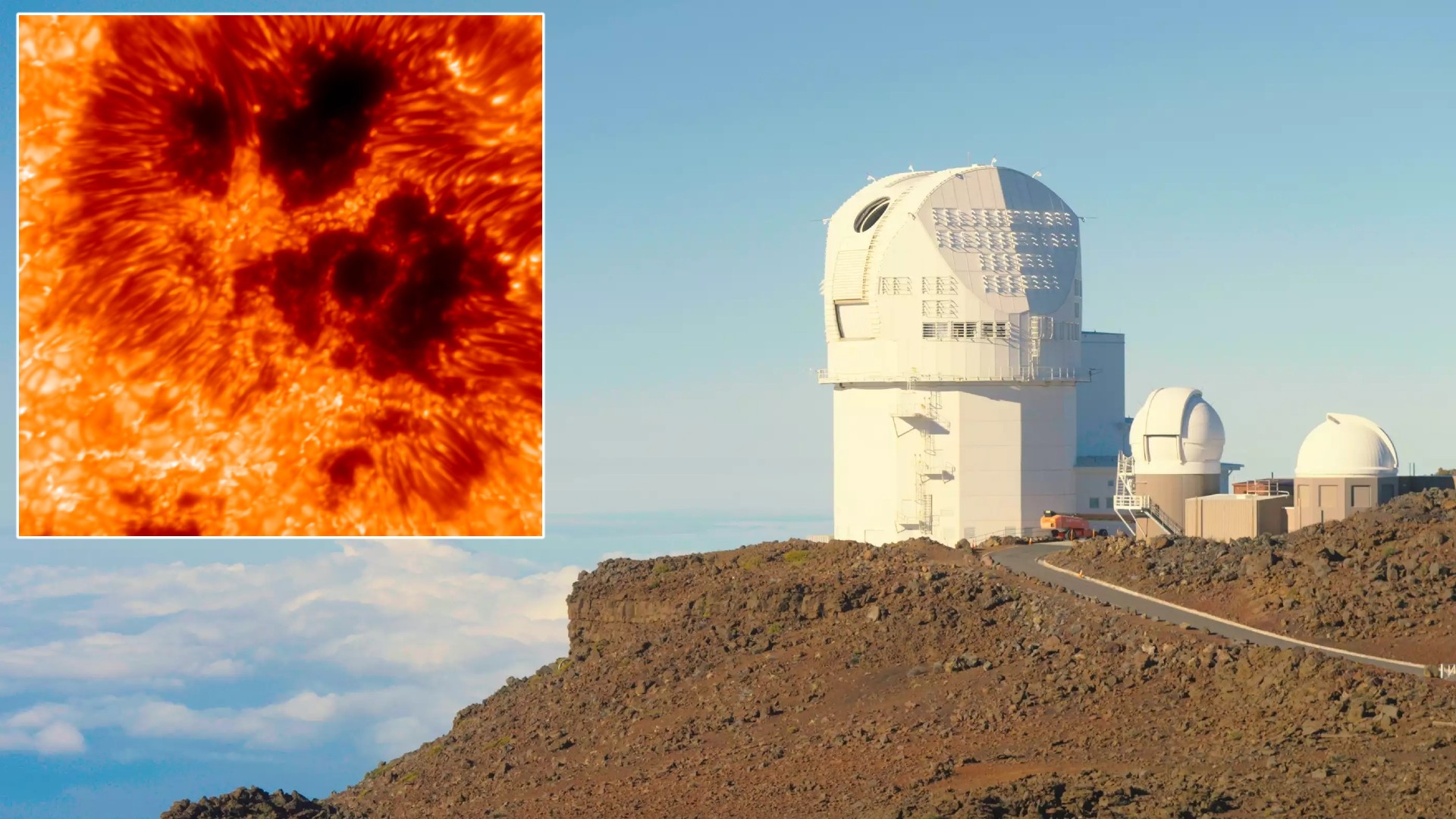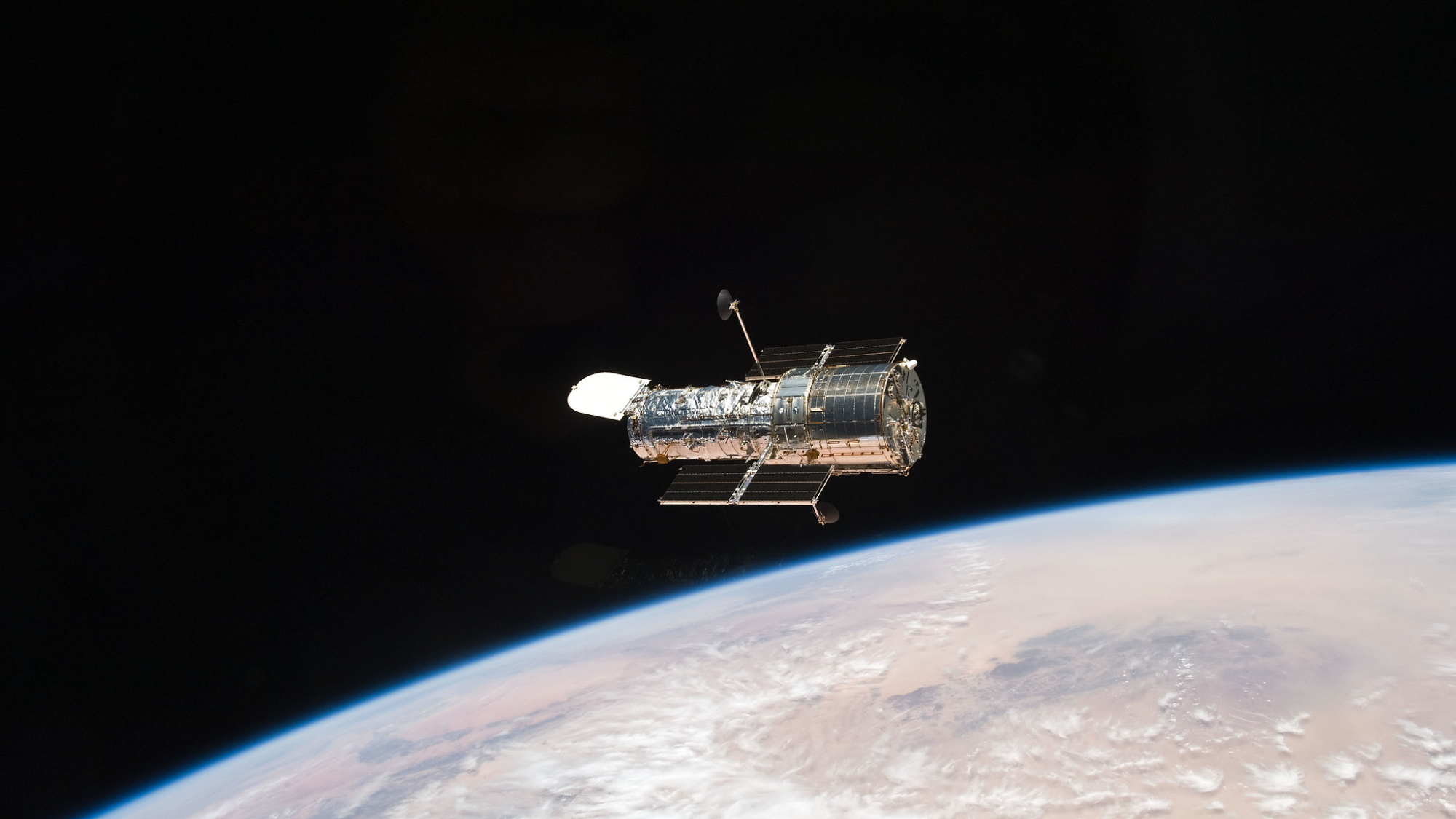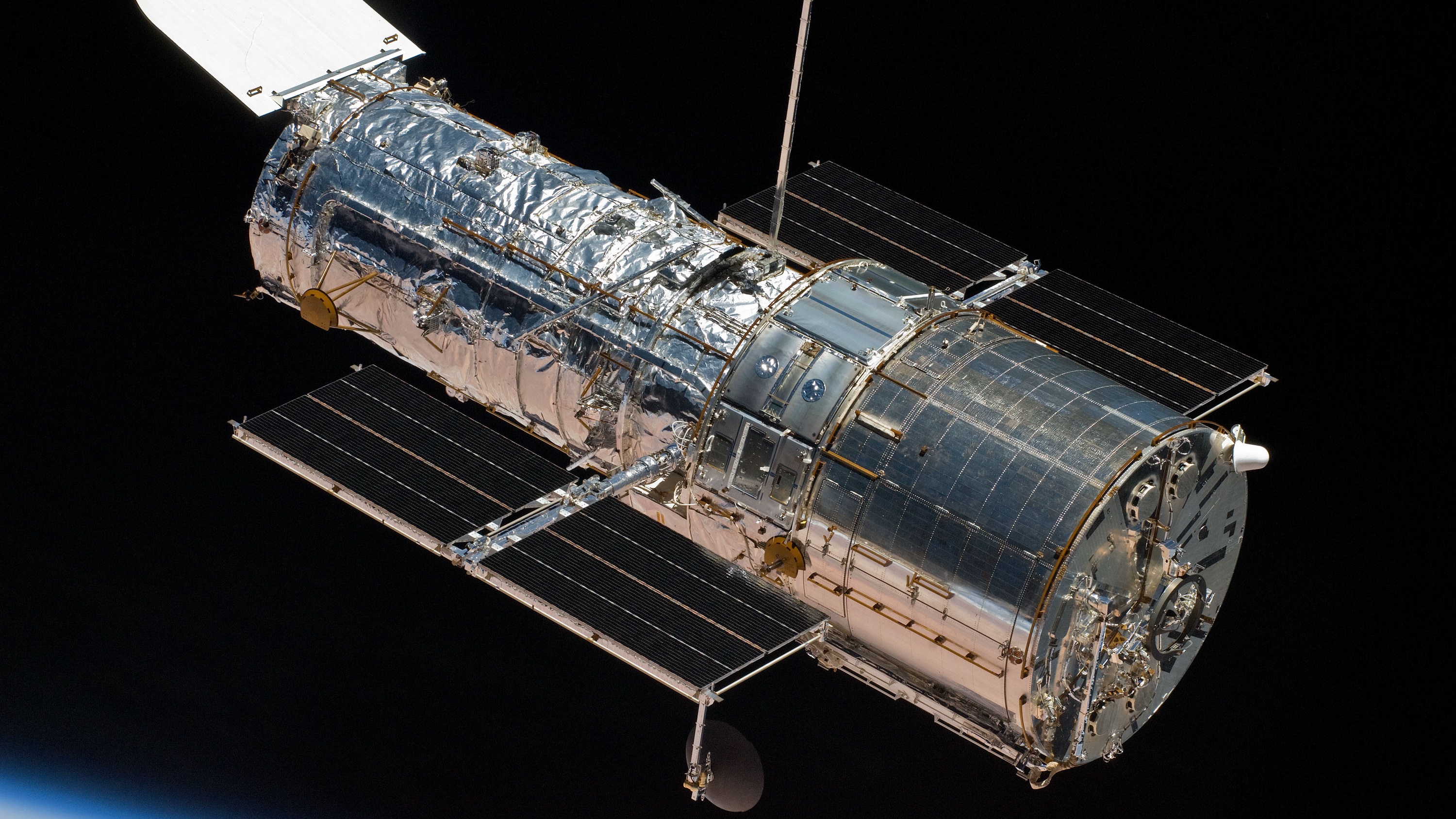Russia Launches Robotic Supply Ship to International Space Station
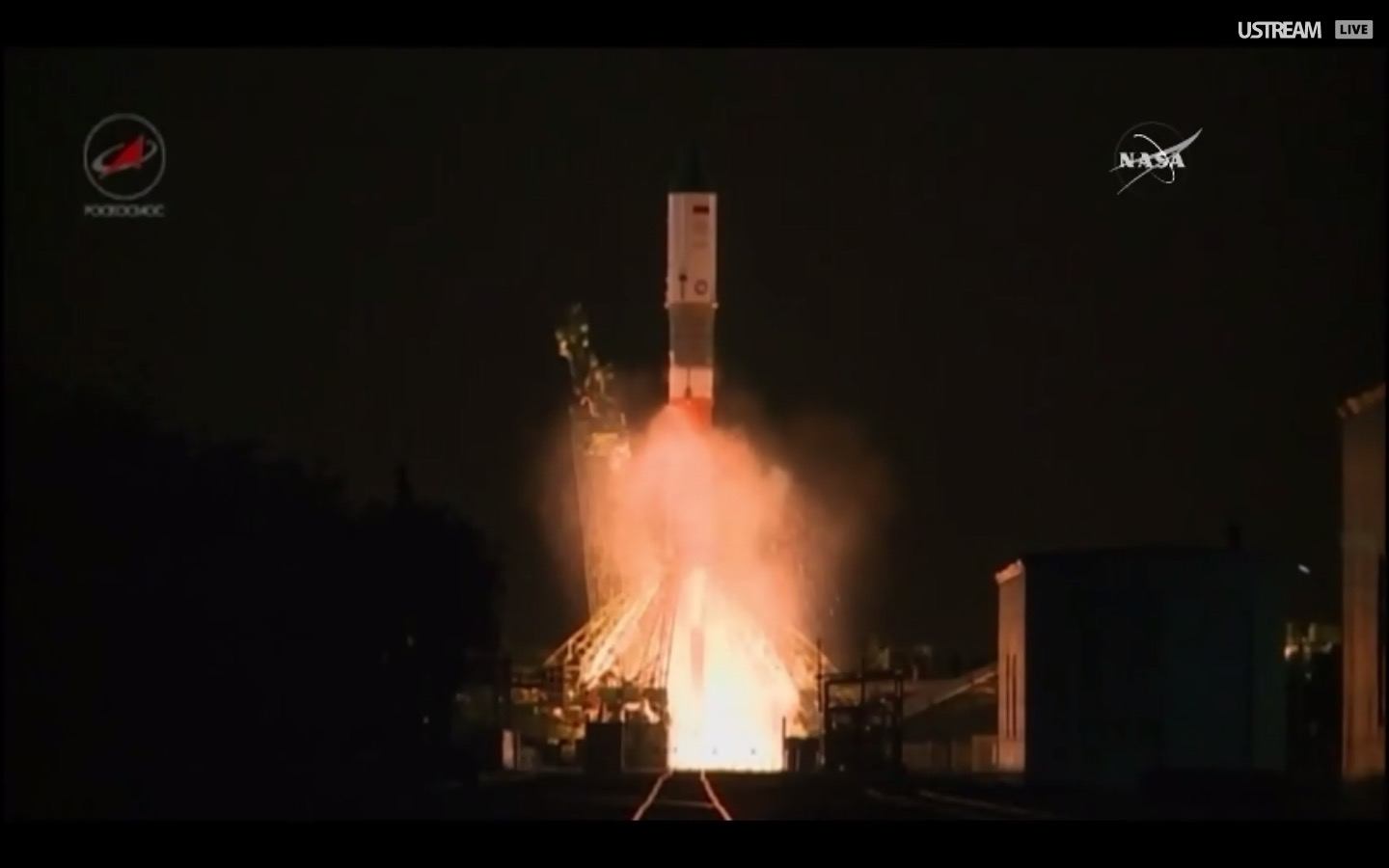
An unmanned Russian cargo ship launched to the International Space Station on Saturday (July 16) on a mission to deliver three tons of food, supplies and fuel to the orbiting laboratory.
The resupply ship Progress 64 launched into orbit atop a Soyuz rocket at 5:41 p.m. EDT (2141 GMT) from the Baikonur Cosmodrome in Kazakhstan, where the local time was early Sunday morning. Progress 64 will journey for two days in space before arriving at the space station on Monday night (July 18). You can watch Progress 64 arrive at the space station here, courtesy of a NASA webcast. Docking is set for 8:22 p.m. EDT (0022 July 19 GMT).
Progress 64 is one of two cargo ships launching this weekend in near back-to-back flights. On Monday (July 18), as the Russian craft is en route to the station, the U.S.-based spaceflight company SpaceX will launch an unmanned Dragon cargo ship carrying a cornucopia of science experiments and gear as part of a resupply deal with NASA.

SpaceX's Dragon will launch to the space station at 12:45 a.m. EDT (0445 GMT) on Monday from a pad at Cape Canaveral Air Force Base in Florida. It will arrive at the orbiting lab early on Wednesday (July 20), with NASA webcasting the subsequent docking.
Traditionally, Russia’s Progress launches are welcomed by the astronauts because they carry a few items that astronauts miss on Earth, such as fresh fruit. Since the International Space Station does not have a fridge to store food, most of the things astronauts eat must be shelf-stable (like tortillas) or rehydrated.
The launches also replenish the space station's stock of freeze-dried food and coffee, and provide supplies for the space station's toilets, filters and other areas that might need replacing. A Progress spacecraft typically remains at the space station for about six months and departs with a load of trash of up to three tons. The spacecraft then burns up in the Earth's atmosphere.
The Progress line of disposable automated spacecraft have flown more than 140 flights in three decades. Only two of these spacecraft have not reached their destination, including one Progress flight in 2015. That flight reached Earth orbit, but spun out of control before flying on to the space station. It eventually burned up in the atmosphere.
Get the Space.com Newsletter
Breaking space news, the latest updates on rocket launches, skywatching events and more!
Progress is one of a small fleet that supplies the International Space Station. The other main providers are two private companies — SpaceX (which flies Dragon spacecraft) and Orbital ATK (which flies Cygnus spacecraft) — as well as Japan's H-2 Transfer Vehicles. The European Space Agency also flew five supply missions to the space station using its own Automated Transfer Vehicle.
Follow Elizabeth Howell @howellspace, or Space.com @Spacedotcom. We're also on Facebook and Google+. Original article on Space.com.
Join our Space Forums to keep talking space on the latest missions, night sky and more! And if you have a news tip, correction or comment, let us know at: community@space.com.

Elizabeth Howell (she/her), Ph.D., was a staff writer in the spaceflight channel between 2022 and 2024 specializing in Canadian space news. She was contributing writer for Space.com for 10 years from 2012 to 2024. Elizabeth's reporting includes multiple exclusives with the White House, leading world coverage about a lost-and-found space tomato on the International Space Station, witnessing five human spaceflight launches on two continents, flying parabolic, working inside a spacesuit, and participating in a simulated Mars mission. Her latest book, "Why Am I Taller?" (ECW Press, 2022) is co-written with astronaut Dave Williams.

